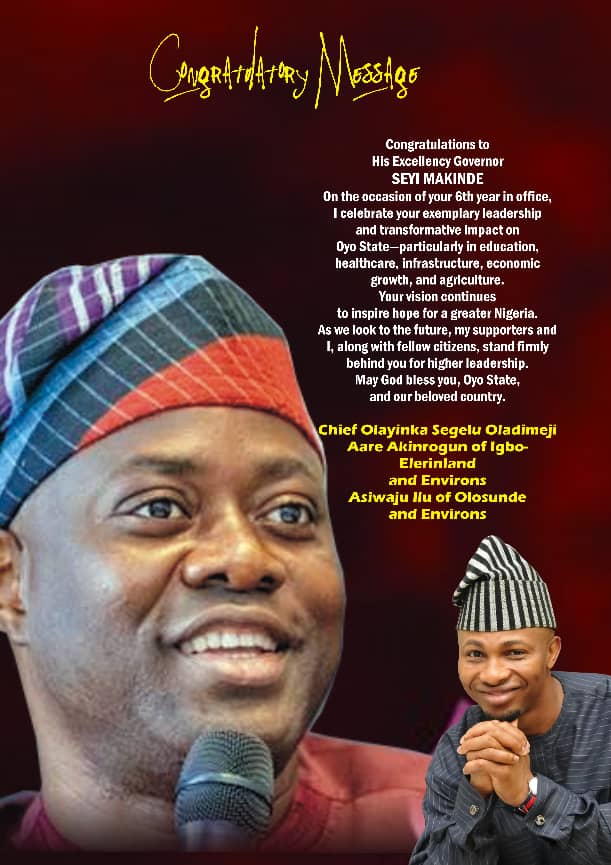Organised Labour has insisted on going ahead with tomorrow’s strike to protest against increasing hardship and rising costs of living due to the removal of petrol subsidy.
This is despite assurances granted by President Bola Tinubu last night in his nationwide broadcast that the Federal Government and labour unions were working to determine a new minimum wage threshold for Nigerian workers.
According to Tinubu, the government would make budgetary allocations for the implementation of the new minimum wage as soon as an agreement is reached by the parties involved.
This is just as the Presidential Steering Committee on Palliatives was again locked in another marathon meeting with representatives of the Organised Labour, comprising Nigeria Labour Congress (NLC) and Trade Union Congress (TUC) at the Aso Rock Presidential Villa, Abuja.
Monday’s meeting, which began at 5:30 p.m., considered presentations from FG’s subcommittees on mass transit, Compressed Natural Gas (CNG) and cash transfer, which the government had proposed to cushion the effect of subsidy removal. Last Friday, labour leaders stormed out of a meeting, claiming the government was not ready for the negotiation.
Present at yesterday’s meeting are NLC President, Joe Ajaero; his counterpart from TUC, Festus Osifo; General Secretary of NLC, Emma Ugbaja; TUC Secretary, Nuhu Toro; and other members of the organised labour delegation, including Prof. Sam Amadi.
On government’s side were the President’s Chief of Staff, Femi Gbajabiamila; Permanent Secretary, Ministry of Labour and Employment, Kachollom Daju; the Group Chief Executive Officer of Nigerian National Petroleum Company Limited, Mele Kyari; and the Special Adviser to the President on Energy, Olu Verheijen, among others.
Speaking on preparedness for tomorrow’s strike, Assistant General Secretary of NLC, Chris Onyeka, said workers were ready to speak truth to power, urging Nigerians to come out en masse and be part of the struggle for a better nation, adding that the Congress had met with Civil Society Organisations (CSOs) to fill up gaps and strategise on ensuring that objectives of the nationwide strike is achieved.
He said: “If all our demands are fulfilled, why continue on strike? But the President has to meet them first before we even consider aborting the strike. So, we are not thinking of suspending the strike unless the government fulfills its part.”
Already, the Maritime Workers Union of Nigeria (MWUN) has issued a notice of mobilisation ahead of NLC mass protest and rally against the fuel price increase. A notice signed on behalf of the union’s General Secretary, Erazua Oniha, directed members in all ports, jetties, terminals, and oil and gas platforms to commence immediate and total mobilisation to ensure their full participation.
Also, the United Action Front of Civil Society has lent its support to the NLC protest, noting that it was a clarion call to salvage the country from the consuming miseries unleashed by the new regime of President Tinubu.
The civil society, in a release signed on Monday by Head, National Coordinating Centre of the group, Olawale Okunniyi, added that the strike was also to “prevent military intervention in Nigeria as currently being witnessed in other West African countries.”
Meanwhile, Chairman of the House of Representatives Committee on Labour, Employment and Productivity, Adegboyega Adefarati, yesterday, made an appeal to organised labour to reconsider the decision to embark on nationwide strike.
Adefarati, who is representing Akoko South West/South East federal constituency in the green chamber, expressed concern over the potential severity of negative impacts the industrial action could have on ordinary Nigerians, particularly those who are already grappling with the economic situation.
While addressing newsmen in Akure, the Ondo State capital, the lawmaker stressed that President Tinubu was fully aware of the prevailing circumstances and that the government is actively engaged in addressing the pertinent issues in a comprehensive manner.
He said: “My appeal to organised labour is for them to shelve the planned protest. This is a new administration and I can assure you that Mr. President belongs to the progressive group. He has set up a committee headed by the Chief of Staff, and they have been meeting and interacting with the workers.
“Workers should look into the option of negotiation and dialogue rather than protest. A stable industrial and harmonious relationship is sine quo non to development. So, we are appealing to them to shelve the idea and wait for the outcome of the meeting. I believe that it will be a win-win situation for the country, even for the workers.”
As the Labour/FG meeting continued last night, there was skepticism over the fate of tomorrow’s strike. NLC had last week asked the Federal Government to reverse what it described as ‘anti-poor and anti-workers policies’ within seven days or risk a nationwide strike.
The policies listed by the NLC include the recent petrol price hike, increase in school fees and the Value Added Tax (VAT) hike. Many Nigerians have expressed doubts that the strike would hold as planned, with some saying Labour would as usual chicken out at the last minute, especially after suspending a planned strike twice this year alone.
In March, currency swap introduced by the Central Bank of Nigeria (CBN) under the suspended governor of the bank, Godwin Emefiele, hit Nigerians hard. The development prompted Labour to declare intention to go on strike to demand availability of the naira in banks across the country.
The plan to picket all CBN branches from March 29, if the government failed to end the liquidity squeeze that had affected businesses and commercial transactions among Nigerians was aborted.
Again in June, NLC suspended its proposed nationwide strike scheduled for June 7 over the removal of fuel subsidy, following a meeting with the government at the Presidential Villa, Abuja.
As a result, the Conference of Nigeria Political Parties (CNPP) has urged Nigerians to take their destinies into their hands rather than trust the labour unions to lead them against the incessant increment in pump price of petrol.
CNPP, in a statement yesterday by its Deputy National Publicity Secretary, James Ezema, insisted that the labour movement could not be trusted. He said: “It is unfortunate, but true, that the labour movement in Nigeria has consistently failed to defend the masses that constitute the majority among their membership.
“Nigerians in the past have had their hopes dashed each time the labour unions led negotiations with the government on their behalf on any issue bordering on their wellbeing or pains.
“CNPP believes that only the Nigerian masses, who bear the brunt of economic hardships as well as the increasing pains of long years of bad leadership, can decide their own fate by taking their destiny into their hands.
“Like they have done each time they claimed to stand up for the masses, the labour unions will certainly betray the trust of the working class,” the statement added.
Credit: Guardian Newspaper


